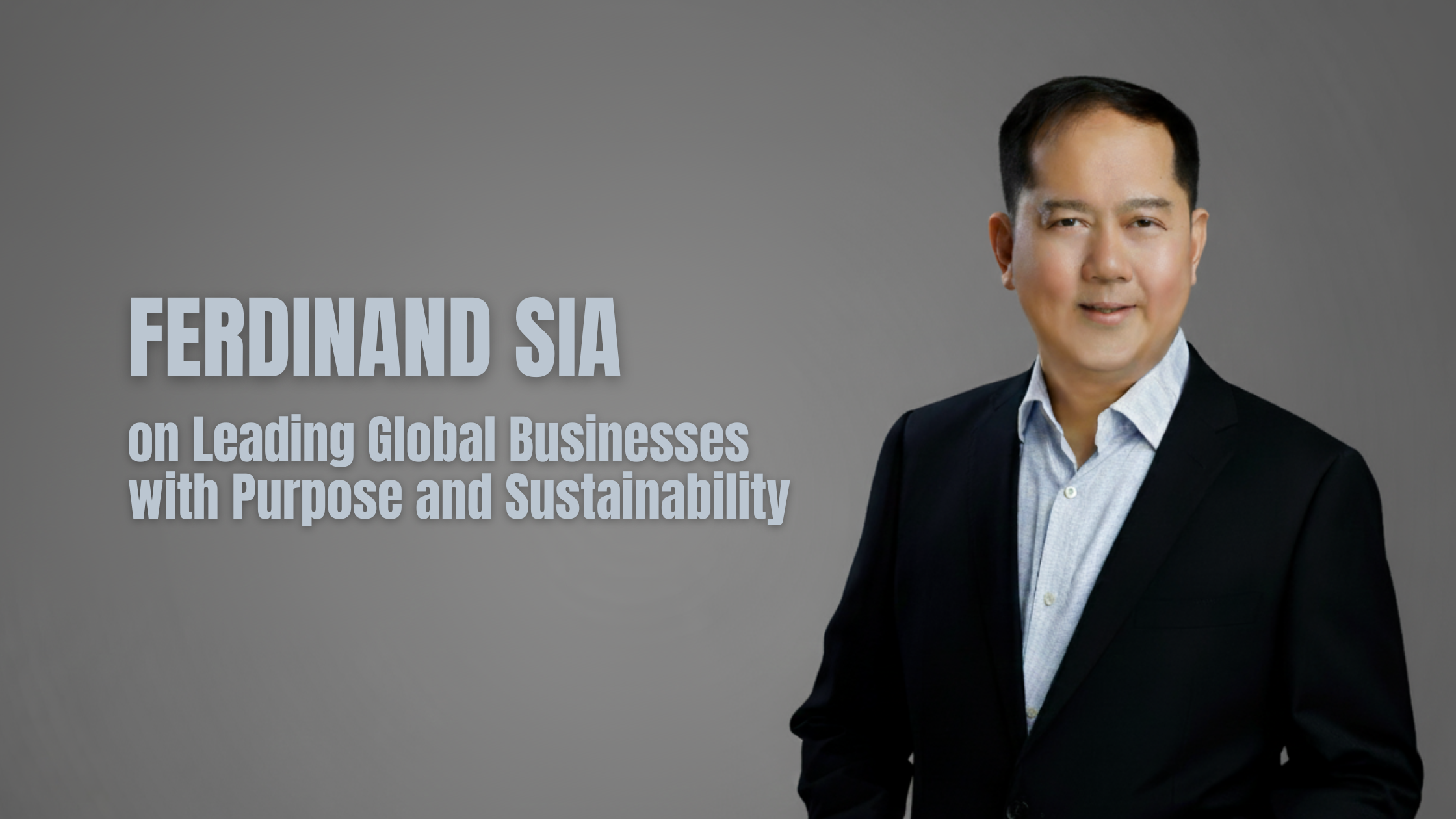For decades, the story of business was a simple one: grow at all costs. The goal was to maximize profit, and the measure of success was a company’s bottom line.
But what if the most powerful force for progress isn’t just about financial gains? What if it’s about purpose?
This is the philosophy of Ferdinand Sia, a seasoned leader with a career that spans continents and sectors.
To him, business is more than a machine for generating revenue; it’s a living engine for positive change.
He doesn’t just see a project’s financial return—he sees its potential to build a better future. This viewpoint is particularly evident in his passion for clean energy and sustainable infrastructure, where he believes business and social impact are two sides of the same coin.
From Balance Sheets to Broader Impact
Ferdinand’s journey began in a world where numbers were king. Early in his career, while working for a multinational company with over 14,000 employees, he was drawn to complex problems. His work focused on strengthening the organization to deliver a greater impact, whether by boosting revenues or improving operational efficiency.
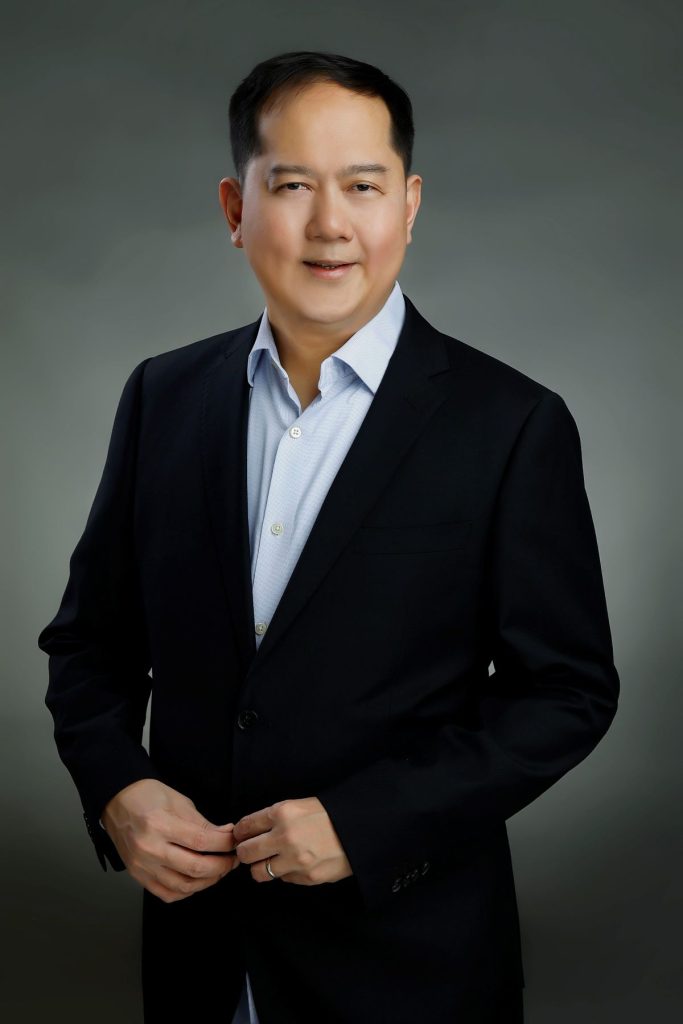
He was encouraged to think beyond traditional solutions, and his bold ideas often caught the attention of senior management. The reward wasn’t just a promotion; it was the satisfaction of seeing his recommendations translated into tangible actions and measurable improvements. These early experiences ingrained in him the belief that every challenge is an opportunity to create lasting value.
However, as his responsibilities grew to encompass general management and social impact, his perspective evolved.
He came to understand that true leadership wasn’t about having all the answers but about “creating the conditions for others to succeed.”
He shifted his focus from being the person in control to being a collaborator. He now sees leadership as a balance of vision and humility, a practice of setting a bold direction while staying open to new ideas and adapting as circumstances change. This evolution laid the groundwork for his deep-seated conviction that business has a higher purpose.
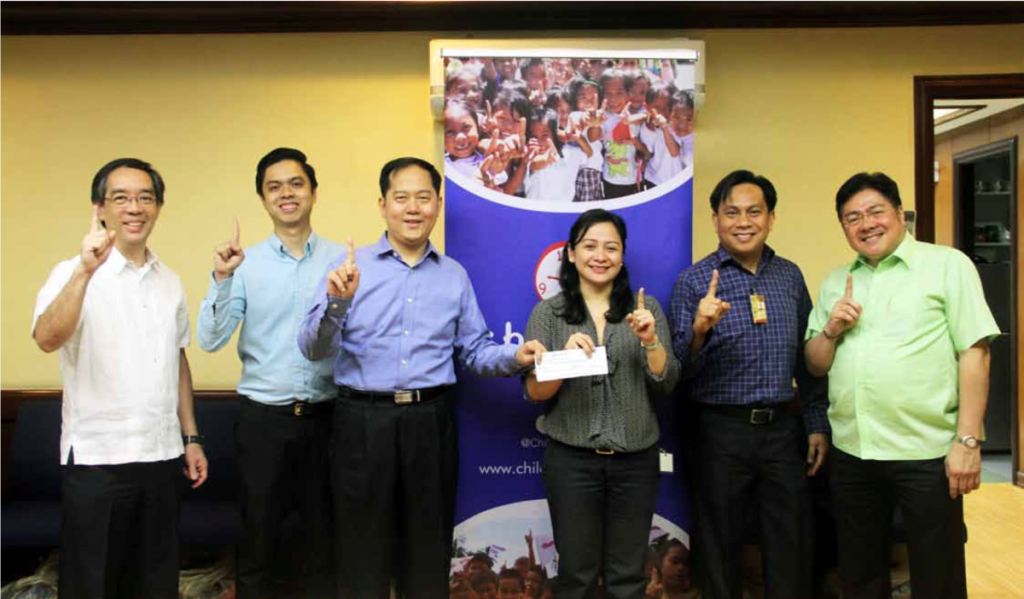
A Deeper “Why”
On the surface, clean energy and infrastructure projects can seem highly technical. They involve complex engineering, intricate financial models, and long-term planning. But for Ferdinand, the inspiration to work in these sectors is deeply human.
He sees them not as technical endeavors but as catalysts for transformation. He believes that business is one of the most powerful drivers of progress because it serves society by providing essential products, creating jobs, and supporting families and communities.
This is the human element that fuels his work. He sees how a new solar farm can power a village, how sustainable infrastructure can provide clean water, and how these advancements can lift livelihoods. He knows that when businesses grow, they expand economic activity, giving people the means to build better futures. But this progress can’t come at the expense of our planet. For growth to be meaningful, it must be sustainable.
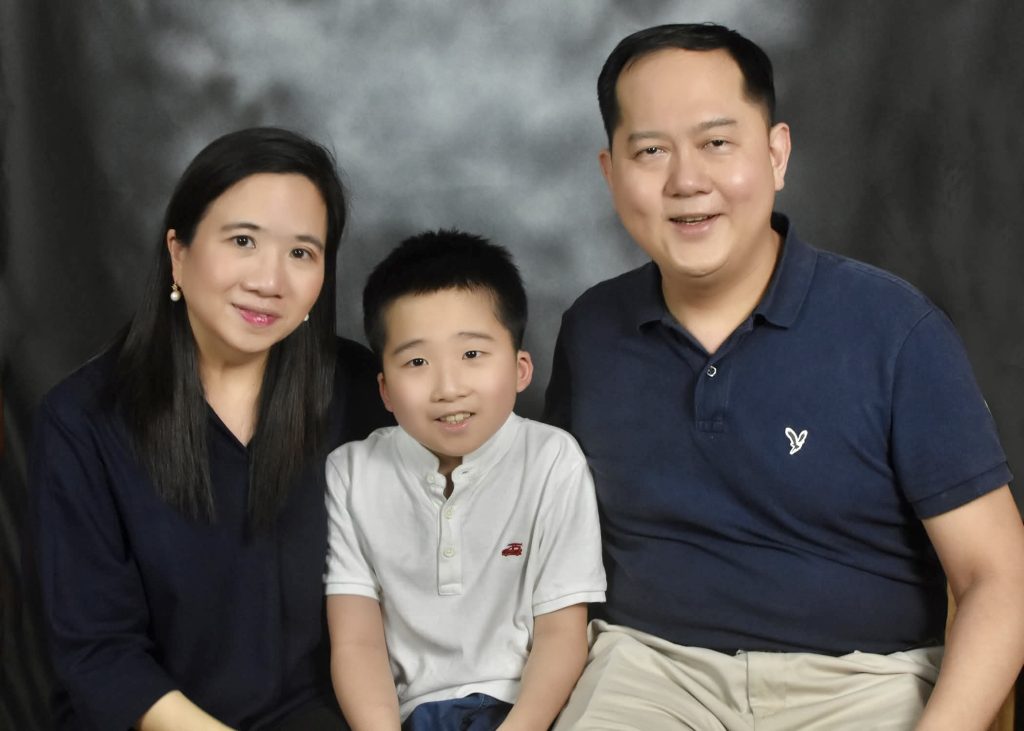
This belief is powerfully captured in his philosophy:
“I see business as a powerful force for progress—when it is sustainable, it not only creates value and opportunity but also safeguards our planet, enabling communities to thrive today and for generations to come.”
This is not a theoretical idea for Ferdinand; it’s a guiding principle that has shaped his career. It’s why he is drawn to sectors that can deliver both economic growth and environmental stewardship. He has seen firsthand how a company’s commitment to sustainability can drive wide-scale transformation, creating a positive ripple effect far beyond its immediate operations.
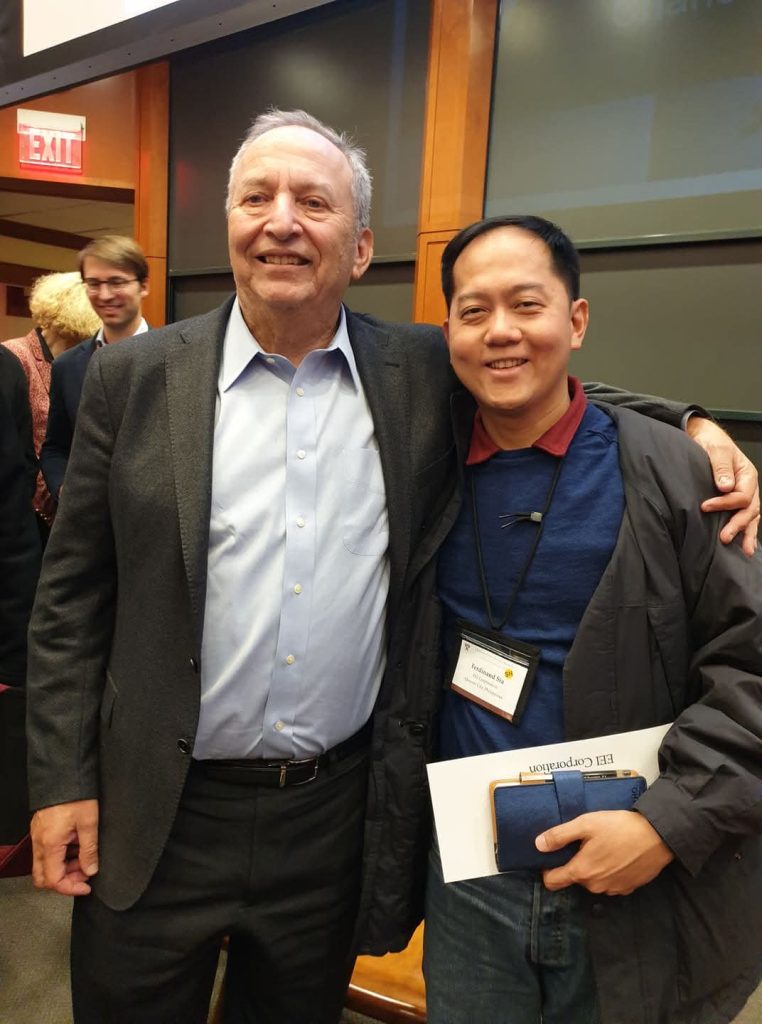
The Power of Purpose in Action
Throughout his career, Ferdinand has put this philosophy into practice. At EEI Corporation, he drove changes that enhanced operational efficiency and built a stronger foundation for sustained performance.
At the IFC of the World Bank, he embedded a regional impact framework that continues to guide project teams across Asia. These actions weren’t just about making organizations more profitable; they were about making them more purposeful. They were about building a legacy of lasting value.
When he speaks of his work, he doesn’t just mention projects; he speaks of impact. He recalls a large-scale digital transformation initiative where initial resistance from employees was significant. He quickly realized the issue wasn’t technical; it was human.
By listening to concerns, creating open forums, and showcasing small early wins, he transformed a frustrating situation into an opportunity.
This experience taught him that challenges are often opportunities to “innovate and lead with empathy.” The organization emerged stronger, not just with better systems but with a renewed sense of unity.
This story perfectly illustrates his approach. For him, the success of a project isn’t just about its technical completion but about the people it serves and the way it transforms them. It’s about building a culture of accountability and innovation, where people feel empowered and invested in the outcome.
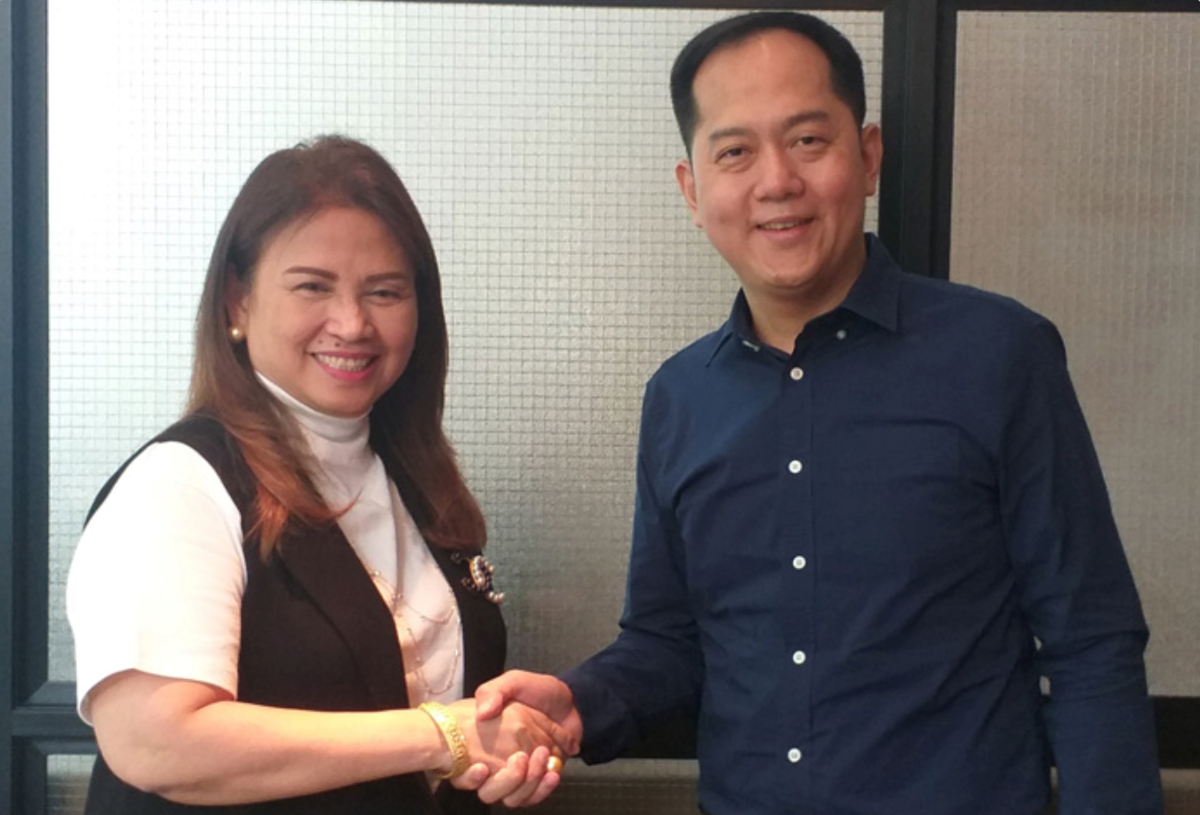
A Legacy of Lasting Value
Looking back at his journey, Ferdinand hopes to leave behind a legacy of organizations that continue to thrive. He wants his work to create positive ripples that elevate communities and build a better world.
From his role in strengthening transparency at EEI Corporation to his leadership in redefining fundraising strategies for the Ateneo Alumni Scholars Association, his career has been a testament to this goal. He initiated a global portfolio management function at UNCDF, helping to improve the management of investments worldwide. Each of these accomplishments was guided by the same conviction: to build organizations that are stronger, more agile, and more purposeful.
Ferdinand Sia’s story is a compelling reminder that business doesn’t have to be a sterile, numbers-driven pursuit. When guided by purpose and a commitment to sustainability, it becomes one of the most powerful forces for progress we have.
It’s a journey of “striving to make the world better in every space you touch, so your presence leaves a lasting mark for good.”
